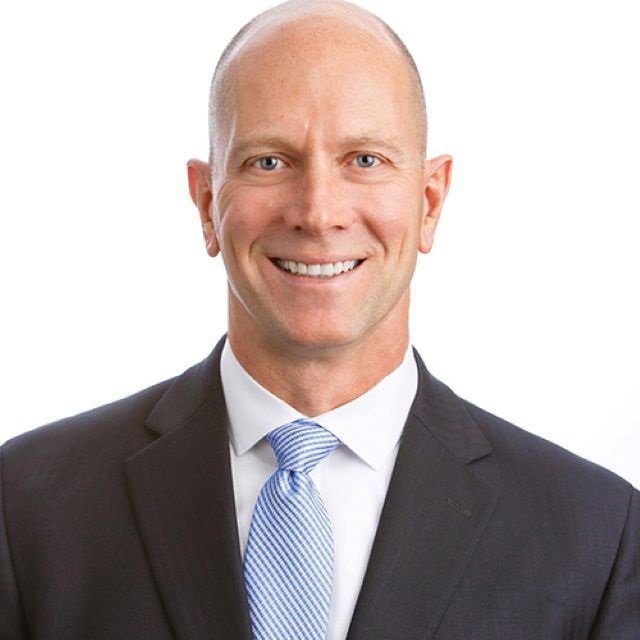Know the New 'Family Glitch' Rules: Wealth Advisor

What You Need to Know
The new rules affect workers with families who cannot afford family coverage from the employer.
The workers might be able to get subsidized family coverage from HealthCare.gov or a state-based public exchange program.
Those rules take effect Jan. 1, 2023.
Faron Daugs says all financial professionals, including life insurance agents and wealth advisors, should be able to talk to clients about the new federal Affordable Care Act health insurance “family glitch” rules.
Starting Jan. 1, 2023, HealthCare.gov and other ACA public exchange programs, such as Covered California and Your Health Idaho, will look at the coverage needs of a worker’s family, not just the needs of the worker, when deciding whether an employer’s group coverage is affordable for that worker, and whether the worker can use ACA premium tax credit subsidies to pay for health coverage purchased through the exchange.
For some clients, such as relatively low-income people that you help pro bono, or some clients’ children or other relatives, the new rules could expand access to subsidized individual or family health coverage.
For clients with businesses, the new rules could affect group health take-up rates and benefits communication efforts.
Daugs, CFP, is the founder and CEO of Harrison Wallace Financial Group, a wealth management firm based in Libertyville, Illinois.
He answered questions via email about how he’s handling the new ACA exchange plan subsidy access rules, and how he thinks colleagues should handle the change.
The answers to the questions in this interview have been edited.
THINKADVISOR: Have you ever run into any individual clients who have been affected by the ACA “family glitch” issue?
FARON DAUGS: I have had a niece and her family run into this situation. Before they had children, she and her husband both worked and were on her company’s health insurance plan.
She worked for a larger company, and the premiums were very affordable for her, and her husband had his own coverage at his company for just himself.
Once they had children, she stayed at home with the kids, and they needed to go on the family plan at her husband’s company.
The family plan had significantly higher premiums. So now, not only did their household income go down, but expenses also went up with two kids, and their cost of health insurance almost tripled what they were paying before they started their family.
Do you think that the new family regulations will really take effect Jan.1, 2023, or do you expect to see something slow implementation?
On its face, the “fix” appears straightforward; however, I would expect issues in its implementation — communicating this change to employers and how they may need to amend their cafeteria plans to permit these changes, what is used in the calculation of “household income,” and who is going to assist the employee in determining eligibility for subsidies?
These and potential “special circumstances” always seem to pop up when implementing new legislation.
If the regulations really take effect Jan. 1, what will implementation be like? Would you expect to see a lot of communication problems?
Yes, I would expect communication issues.
Small and mid-size company owners wear many hats in the day-to-day operations of their businesses. It is difficult for them to keep up with all the new regulations tied to benefits.




